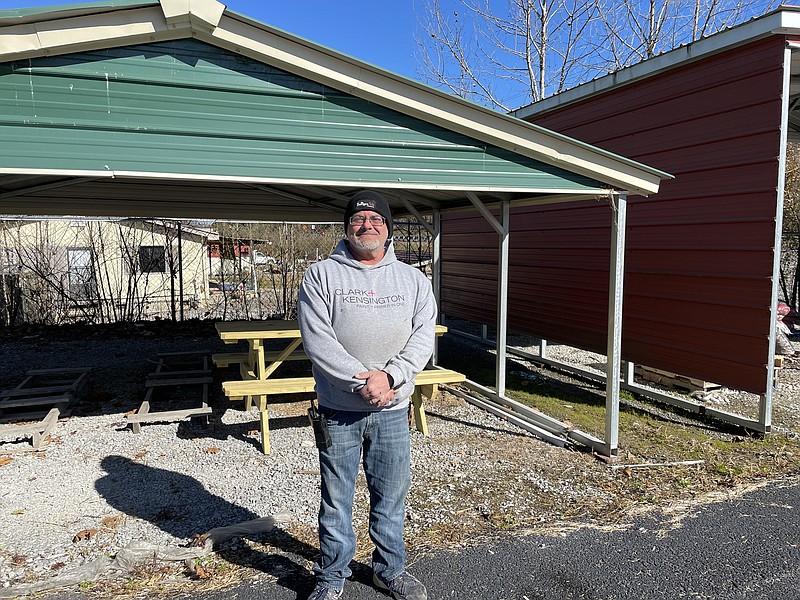After being laid off amid the pandemic, James Boles quickly found a new job. But his hours at his old job had been reduced before he was eventually laid off, and he had already fallen behind on his bills.
Boles wouldn't get his first paycheck at his new job for a few weeks. He knew he needed help but didn't know who to ask.
"I had never applied for any kind of assistance, so I didn't know how it worked," Boles said.
(READ MORE: Neediest Cases fund helps Dayton, Tennessee, family stay put)
He'd heard that the First United Methodist Church provides assistance with food to people in need, so he thought it would be a good place to start. They connected him with the United Way of Rhea County, which is among the agencies that administer grants from the Neediest Cases Fund.
Extending from Thanksgiving to New Year's Day, the annual campaign raises funds to help people like Boles, who need one-time assistance when unforeseen circumstances leave them with needs that can't be met by traditional sources.
Fueled by donations from Times Free Press readers during the holiday season, the Neediest Cases Fund provides year-round assistance through grants administered by the United Way of Greater Chattanooga and its partner agencies. Typical grant amounts range from a few hundred dollars to close to $1,000 to cover expenses such as a utility bill, a month's rent or a car repair that allows people to remain self-sufficient.
Last year's campaign was one of the most successful in recent years, with donations from more than 500 donors amounting to $90,546.
The fund was started in 1914 by Chattanooga Times Publisher Adolph Ochs.
Jessica Bastianelli, director of community programs for the United Way of Greater Chattanooga, said requests for assistance from the fund have increased since last year. As of Nov. 23, 70 adults and 55 children have been helped by the fund in 2021, up from 60 adults and 40 children in 2020.
Bastianelli said she expects the need to continue to increase in 2022, as housing costs continue to rise while access to affordable housing decreases.
Chattanooga has one of the fastest growing rental rates in the U.S., with a 15.4% increase in 2020 - more than six times the rate of growth in average income.
"Finding safe, affordable housing in Chattanooga has become difficult, and people are struggling to pay for the housing that is available in the community," she said. "Most of their income is going to housing, and they are stressed to pay other living expenses."
Contact Emily Crisman at ecrisman@timesfreepress.com or 423-757-6508.
